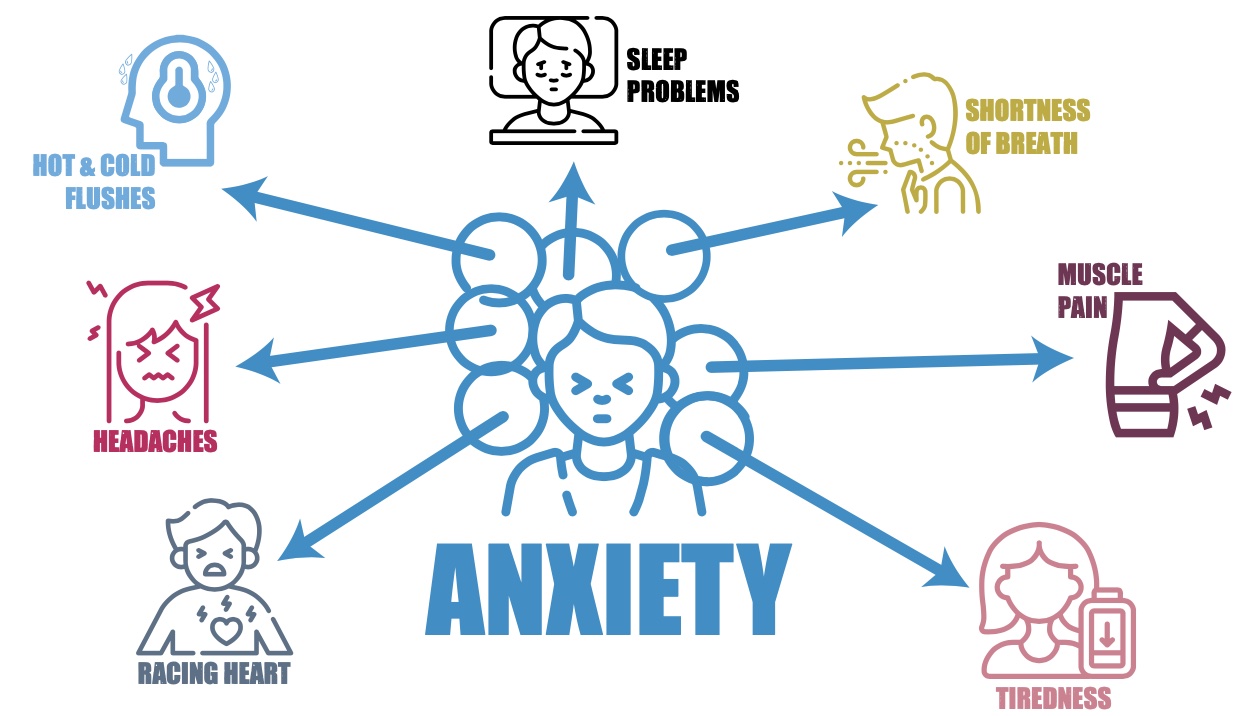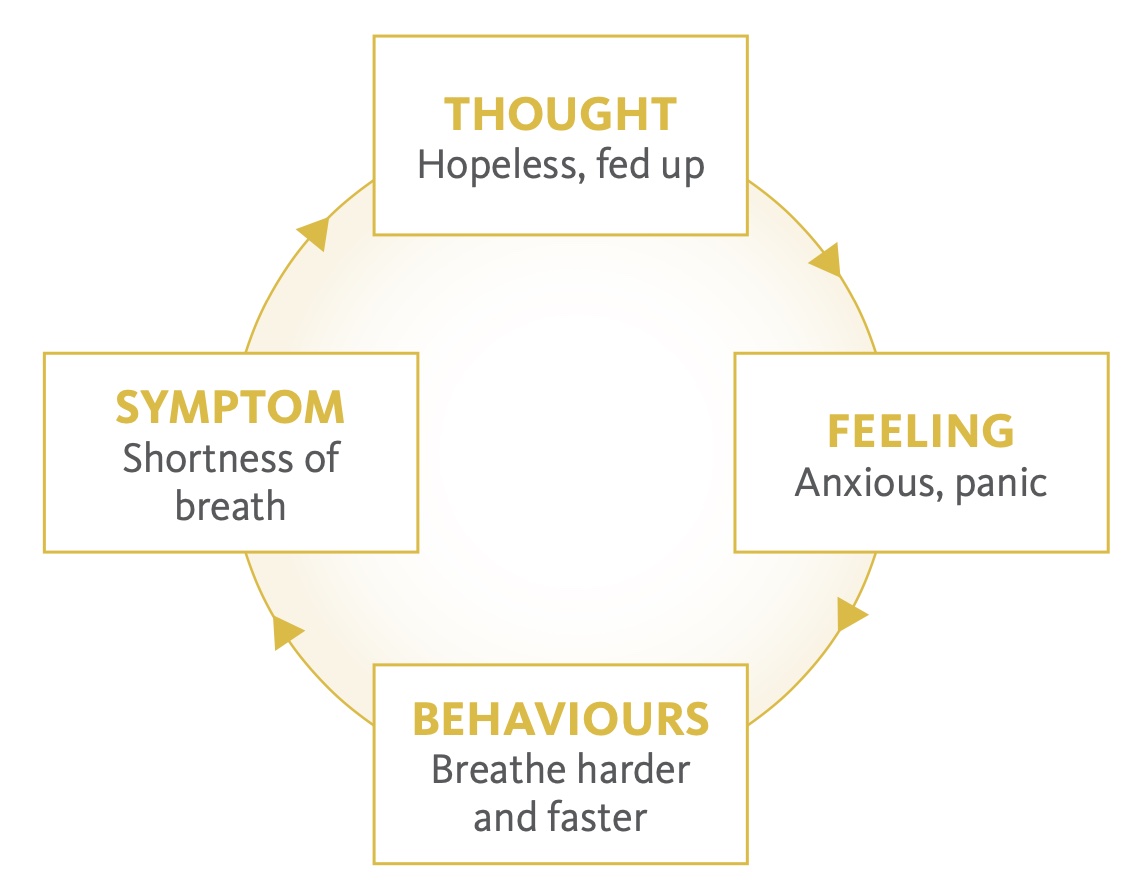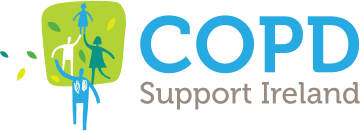 If you have recently been diagnosed with COPD you may experience a lot of mixed emotions. Feelings of confusion, vulnerability, anxiety about your health and your future and frustration at how unfair the whole situation is are just some of the emotions you may be going through at this time. They can cause anger at yourself and your friends and family. Try and remember – these are completely normal feelings and everyone’s reaction is different.
If you have recently been diagnosed with COPD you may experience a lot of mixed emotions. Feelings of confusion, vulnerability, anxiety about your health and your future and frustration at how unfair the whole situation is are just some of the emotions you may be going through at this time. They can cause anger at yourself and your friends and family. Try and remember – these are completely normal feelings and everyone’s reaction is different.
Remember too, that whilst you may be the person with the diagnosis of COPD it can also affect those around you who care about you. They may be dealing with their own emotions – sadness and concern at seeing you unwell and unable to enjoy the things you like to do.
COPD may make you tired and may limit the things you want to do and once enjoyed. If you use portable oxygen you could become reluctant to go out in public or you may be conscious of a chronic cough which could limit where you socialise. All these things can socially isolate you and put you at an increased risk of developing depression.
People with COPD just like people without COPD can develop depression. If left untreated it can drain you health both emotionally and physically. It will make you feel down and lacking the energy to look after your self and manage your COPD.
Symptoms of depression can include:
- Feeling down most of the time
- Difficulty going to sleep or staying asleep
- Sleeping all the time
- Poor concentration
- No motivation to do anything
- No interest in other peoples lives
- Loss of appetite or increase in appetite
- Crying easily
- Irritable with people and things that normally would not worry you.
Anxiety and Stress
Stress can be present in our lives when we feel that we cannot meet the demands that are placed on us. Living with COPD can place lots of different types of demands on you. For example, when symptoms feel worse or we feel alone, we might not feel able to cope and this can cause us to feel anxious. Anxiety is more than just feeling stressed or worried; it can have a disabling effect on your life. Stress and anxiety can negatively affect our body and some common physical symptoms to watch out for are:

Stress and anxiety also have emotional effects: people can feel
- Fear and worry
- Panic
- Tense and nervous
- Distressed
These physical symptoms and emotions can influence each other. For example, feeling unable to breathe is a frightening experience and for some people may result in a panic attack. When a person is breathless, they worry they aren’t getting enough air and
this causes anxiety. Anxiety then makes the person breathe harder and faster and this worsens the feelings of breathlessness, resulting in panic. This cycle shows how our thoughts about symptoms can cause emotions, which can cause behaviours that can make it hard to keep well.

If you can relate to any of these symptoms or feel you may be suffering from depression please talk with your doctor as depression is treatable with medication and support. Relaxation activities such as reflexology, tai chi or yoga can also be beneficial.
Pursed lip breathing is helpful in easing breathlessness. This then decreases your anxiety levels. Some people find listening to soothing music or relaxation classes also helpful.
It is also advisable to discuss this with your nurse/physiotherapist.
For further information on available resources please contact the HSE at: Mental Health supports and services during coronavirus – HSE.ie
